Retail prices of gasoline should be decided by the market, the State only monitors quality, according to the Vietnam Center for Economic and Strategic Studies (VESS).
In the research report "Notable characteristics of the petroleum market and its impact on household welfare" published by VESS today, it shows that the calculation of base prices has many weaknesses that make petroleum prices not reflect reality and not keep up with changes in the international market.
Mr. Nguyen Duc Thanh, Director of VESS, commented that over 80% of the gasoline market share belongs to large enterprises, showing that the monopoly in this market is very high.
"Controlling and regulating gasoline prices is intended to help the Government ensure energy security, but it leads to retail businesses suffering losses, closing down, and withdrawing from the market because profits are not enough to cover business costs," he said.
The way of calculating gasoline prices is not suitable for the market, which was also mentioned by the Economic Committee in May, when examining the Government's supplementary socio-economic report for 2022, the first months of 2023. According to this agency, the way of calculating retail gasoline prices is not suitable for market fluctuations, is not competitive and is not enough to cover business costs for retail businesses.
To increase competitiveness, Mr. Nguyen Duc Thanh said that the market should decide the price of gasoline, the State should only monitor the quality of this product, or form a gasoline trading floor to solve the price problem.
"The base price of gasoline needs to be calculated correctly and sufficiently, ensuring a harmonious balance of interests between consumers and businesses," said the Director of VESS.
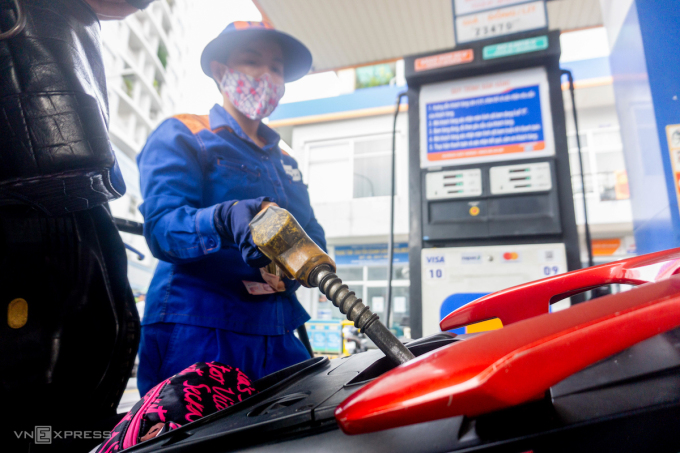
An employee at a gas station on Phan Xich Long Street (Phu Nhuan, Ho Chi Minh City) pumps fuel for a customer, November 2022. Photo: Thanh Loc
Mr. Bui Ngoc Bao, Chairman of the Vietnam Petroleum Association (VINPA), agreed and said that the retail price of gasoline should be decided by the market. According to him, this is a price-stabilized commodity, according to the Price Law. That is, when the market fluctuates, negatively affecting the economy, the Government will intervene with stabilization tools and measures. Otherwise, under normal conditions, prices should be left to follow the market.
Not to mention, domestic prices are closely influenced by the world , even though 70% of the supply comes from two domestic refineries. "Because the input materials of these two refineries also follow world prices," said Mr. Bao.
Meanwhile, Mr. Nguyen Van Phung, former Director of the Large Enterprise Tax Management Department, expressed the opposite opinion. According to him, gasoline is an essential commodity, and business is conditional, so the State controls prices and cannot let them follow the market completely.
Petroleum is one of the essential commodities for consumers. Therefore, the taxation of petroleum products directly affects the lives and spending of households. Currently, each liter of petroleum sold is subject to taxes such as value added tax (10%), import tax (10%), special consumption tax (8%-10%) and environmental protection tax (VND 2,000 per liter for petroleum, VND 1,000 for oil, and VND 600 per liter for kerosene).
However, VESS research points out the difference in Vietnam's way of applying gasoline tax compared to some countries in the region and the world. That is, the way of calculating tax based on the rate (import tax, special consumption tax, VAT) can make the budget revenue passive when world prices suddenly decrease or increase sharply.
At the same time, the method of calculating the weighted average tax is indirectly reducing the diversity of import markets, because businesses tend to focus on purchasing from countries that have signed FTA agreements such as Korea, Singapore, and Malaysia. This is to enjoy lower taxes than the average import tax.
"Vietnam is one of the few countries that mostly uses relative taxes to impose on gasoline. And it is also a rare country that directly imposes two taxes, special consumption tax and environmental protection tax, on this product at the same time," Mr. Thanh assessed.
Besides, Vietnam's retail gasoline price is relatively low compared to many countries in the world, but compared to per capita income, this level is higher than some developed countries or countries with similar conditions, such as Indonesia, Malaysia, Russia, and the US.
Therefore, VESS believes that only one of the two types of special consumption tax or environmental protection tax should be applied in the basic price structure of gasoline. For example, apply a tax of 2,000 VND per liter, adjust it according to specific situations and set a ceiling (3,000 VND per liter) if a relative tax is applied.
"The government needs to create a market that allows gasoline prices to be at a moderate level compared to people's income, especially poor households, to positively impact household welfare," the VESS Director concluded.
Source link


![[Photo] Keep your warehouse safe in all situations](https://vphoto.vietnam.vn/thumb/1200x675/vietnam/resource/IMAGE/2025/10/1/3eb4eceafe68497989865e7faa4e4d0e)
![[Photo] Hanoi morning of October 1: Prolonged flooding, people wade to work](https://vphoto.vietnam.vn/thumb/1200x675/vietnam/resource/IMAGE/2025/10/1/189be28938e3493fa26b2938efa2059e)



![[Photo] President of the Cuban National Assembly visits President Ho Chi Minh's Mausoleum](https://vphoto.vietnam.vn/thumb/1200x675/vietnam/resource/IMAGE/2025/10/1/39f1142310fc4dae9e3de4fcc9ac2ed0)
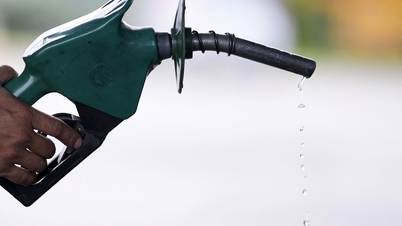

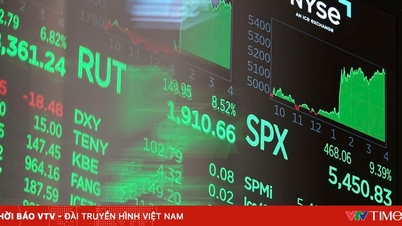









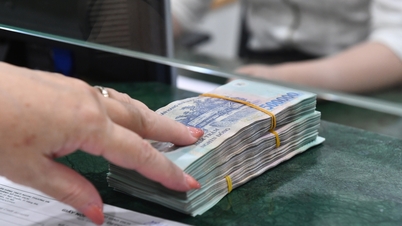



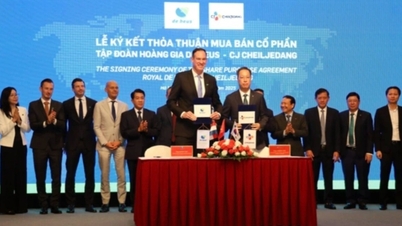
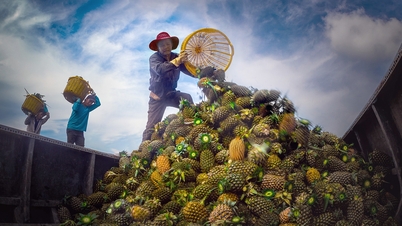
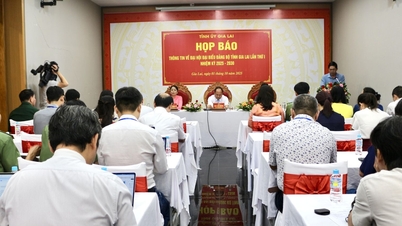
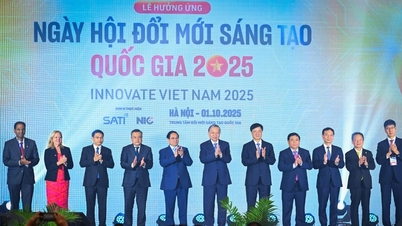



















































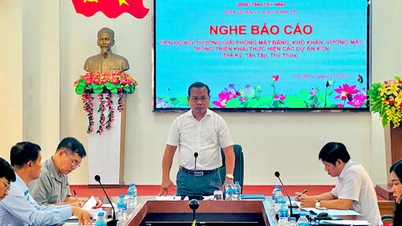

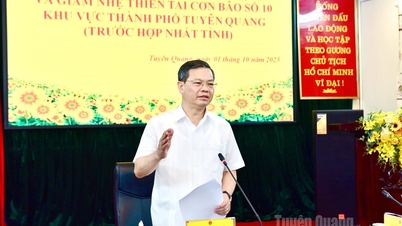



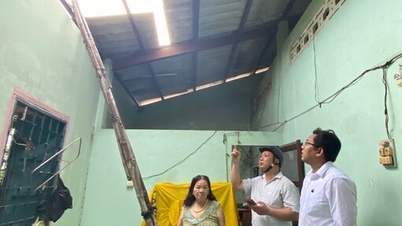













Comment (0)